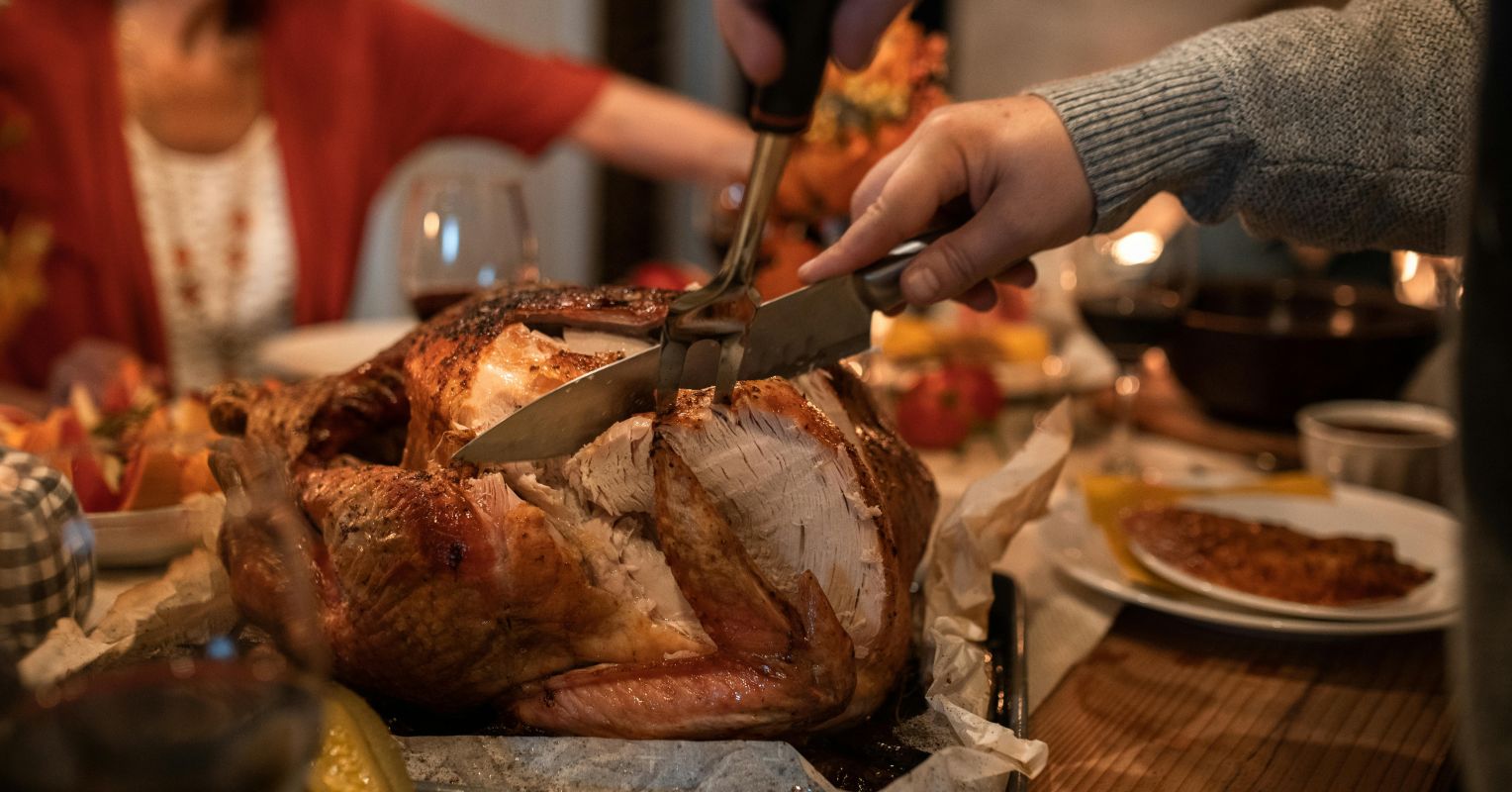Every year at about this time I see some patients who are filled with anxiety at the thought of going home to family for the holidays. While, for some, Thanksgiving sparks memories of delicious foods, aromas, and warm family feelings, for others just the idea of seeing relatives produces an almost panicked reaction. Family can be a fraught topic and I don’t pretend that I can help patients work out all of their complex issues and past history before heading home for the holidays. Processing that stew of anger, ambivalence, disappointment, guilt, and other uncomfortable emotions takes time in therapy to examine and resolve. But there are practical steps you can take to prevent frustration, blow-ups, and discomfort with your family. The key: adjusting your attitude as you head into the holidays. I’ve formatted these recommendation using the word FEUDS so they are easy to remember: F=Forget. Your psychotherapy may involve delving into the hurts heaped on you when growing up. But why not consider letting go of those memories and feelings just for a day or two over the holidays? Sometimes I suggest that a patient close their eyes, fill an imaginary red balloon with the negativity they harbor toward relatives, and then let the balloon go and fly into the air. You can always come back to examining family issues but, for the holidays, try to Be Here Now, as Ram Dass, an American spiritual leader and yoga guru, advised in a book of the same title. By bringing all your emotional baggage to the holiday table, you set yourself up for an unhappy experience. By letting go of hurt and hostility, you give yourself a chance to enjoy the holiday. Don’t deprive yourself of a good time. E=Ease. If you feel tense as you enter into the holiday season, it increases the chance of that strain accelerating when surrounded by relatives with whom you have challenging relationships. De-stressing in advance may take the form of breathing deeply and relaxing one’s body the day and hours before, meditating, doing yoga, and/or setting your intentions. When we are relaxed, we are less likely to become irritated, jump to conclusions, engage in arguments, and escalate conflicts. Try easing your way into the holidays. The results may be surprisingly beneficial. U=Understanding. Inevitably, those who hurt us have been hurt themselves. The parent who is overly critical, the sibling with whom you feel competitive, the aunt who talks so much that no one else can chime in-all of these characters threaten potentially tumultuous encounters. It can be worthwhile to spend a few minutes before you gather for the holidays thinking about each of your relatives from their own perspective: Did your overly critical parent have a disapproving parent from whom they felt rejected? Is the sibling of whom you feel jealous envious of some qualities that you possess? Why does your aunt need to take command of the famiy table? By all means, family issues should be explored in therapy. But, for the holidays, it can be interesting to see what happens when you exercise empathy for others. You may feel more lovingkindness toward the relatives you might otherwise resent. D=Diagnose. Chances are, the negativity you feel toward your family is rooted in something within you or the relatives you disdain. Thanksgiving is a holiday that requires being thankful. If you are feeling negative about relatives as well as other aspects of your life, you may, in fact, be experiencing some level of depression. Or maybe the tensions in your family are due to conditions that others are suffering. Maybe your irritable father or grandparent is depressed, or your selfish sibling is a narcissist, or the cousin who needs everything to happen at a certain time or in a certain way has Obsessive Compulsive Disorder or is on the autism spectrum. The point is that there may be biological conditions impacting your feelings about your family. Recognizing the roots of your or your family members’ attitudes and actions can be helpful in de-toxifying them.
https://www.psychologytoday.com/us/blog/depression-a-guide-for-the-perplexed/202511/5-ways-to-avoid-family-feuds-this-thanksgiving
Salsanis Analytics
